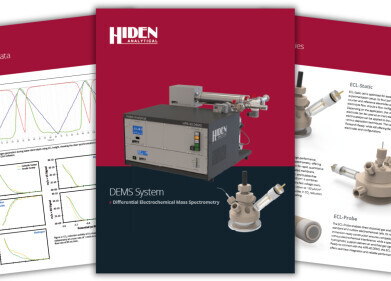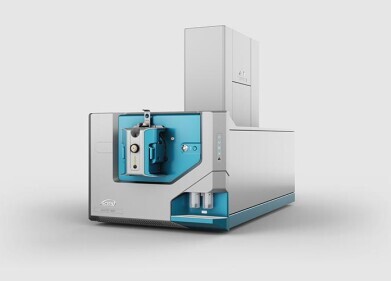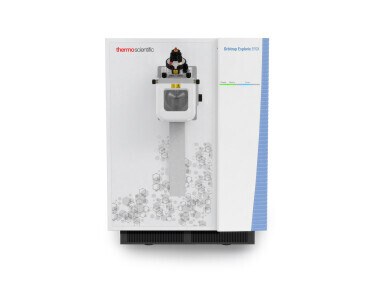Mass spectrometry & spectroscopy
Leading EU and UK Pesticide Testing Labs announce Collaboration to Improve methods for Detecting and Measuring Pesticide Residues in Food
Jan 17 2014
In efforts to ensure safe and healthy food, two leading European food testing laboratories are collaborating with Thermo Fisher Scientific at the company’s new Pesticide Analysis Center of Excellence to improve methods for detecting and measuring pesticide residues in food.
The European Union Reference Laboratories (EURL) for Residues of Pesticides in Fruits and Vegetables at the University of Almeria, Spain, is focusing its collaboration on developing a method that uses Thermo Scientific Q-Exactive Orbitrap LC-MS technology to screen, quantify and confirm hundreds of analytes in a single run. Another goal is to eliminate matrix interferences from a variety of food samples. The EURL is working to ensure consistency across food control laboratories and to contribute to the development of standardised analytical methods.
“We believe high resolution accurate mass mass spectrometry can bring significant improvements into day-to-day pesticide analysis,” said Professor Amadeo Rodriquez Fernandez-Alba of the Almeria lab. “The capability to provide very accurate mass measurement along with excellent sensitivity and confirmatory information would improve lab throughput significantly, and would allow for more effective pesticide residue monitoring.”
The other collaboration, led by Richard Fussell, senior scientist at the UK Food and Environment Research Agency (FERA), a UK national reference lab, is focused on trace level analysis of more than 150 targeted pesticide residues in a variety of foods, using the Thermo Scientific TSQ 8000 triple quadrupole pesticide analyser. FERA provides analytical data to the government, international organisations and the private sector, among other duties.
“Our aim is to take advantage of the selectivity and sensitivity of the latest GC triple quadrupole technology to develop robust methods that use less intensive sample preparation steps,” Fussell said.
Digital Edition
Lab Asia Dec 2025
December 2025
Chromatography Articles- Cutting-edge sample preparation tools help laboratories to stay ahead of the curveMass Spectrometry & Spectroscopy Articles- Unlocking the complexity of metabolomics: Pushi...
View all digital editions
Events
Jan 21 2026 Tokyo, Japan
Jan 28 2026 Tokyo, Japan
Jan 29 2026 New Delhi, India
Feb 07 2026 Boston, MA, USA
Asia Pharma Expo/Asia Lab Expo
Feb 12 2026 Dhaka, Bangladesh



















